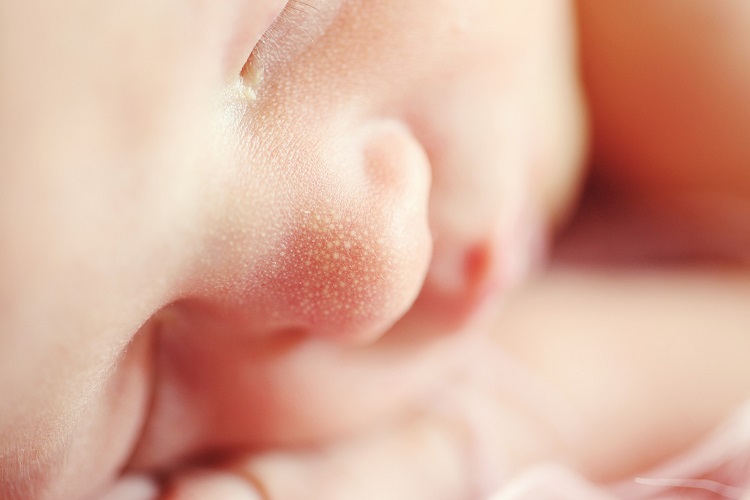
Pregnancy is perhaps one of the most vulnerable times in any woman’s life. The life and development of a growing baby becomes dependent upon the mother who is carrying it. Consequently, the choices she makes in regards to her health will influence the outcome of her child’s health. There are many factors that will affect the well-being of an unborn baby during pregnancy, including nutrition, environment, exposure to smoking and alcohol, and drugs/medications.
Sadly, our country has seen the rise of infants born with Neonatal Abstinence Syndrome, which is the group of problems that occur in a newborn who was exposed to addictive illegal or prescription drugs while in the mother’s womb [1]. Neonatal abstinence syndrome can occur when a women consumes addictive drugs during her pregnancy, such as cocaine, marijuana, amphetamines, opiates, and narcotics (such as heroin, methadone, or codeine). As a women takes drugs such as these while pregnant, these substances will pass through to her baby, making the baby dependent on the drug along with the mother. Once the baby is born and is no longer receiving the drug through the mother, the baby will begin to experience withdrawal symptoms. Symptoms that an infant may experience while withdrawing from an illicit or prescription drug include seizures, tremors, vomiting, diarrhea, excessive crying, irritability, poor feeding, slow weight gain, and sleep disturbances. Neonatal Abstinence Syndrome (NAS) is a particularly troublesome way for a newly born infant to begin its life.
Research has shown that the number of babies born with NAS has nearly tripled from 2000 to 2009, with approximately one new baby suffering from opiate withdrawal born every hour in the United States today [2]. This may coincide with the increased use of prescription medications in both pregnant and non-pregnant populations, particularly as many more women are turning towards the use of drugs for managing both minor and severe pain.
For a woman who is abusing drugs, whether prescription or illicit, becoming pregnant can further complicate an addiction problem. Some pregnant women who are suffering from addiction may avoid receiving the prenatal care they need due to fear of drug screens or forced interventions. However, the best course of action a mother could do for herself and the future of her unborn child is to seek appropriate help, care, and medical supervision to lessen the impact of drug use on her child. There are many treatment programs and clinics that can assist women in these situations, helping to create the best possible outcome for their babies.
Though taking the step towards recovery from an addiction is not an easy task, there may never be a time that is more important to receive help than during pregnancy. While reaching out for help and facing an addiction may be painful and overwhelming, these actions can make the world of a difference in the life of a mother and her child.
References:
[1]: “Neonatal Abstinence Syndrome”, Medline Plus. http://www.nlm.nih.gov/medlineplus/ency/article/007313.htm
[2]: Hayes MJ and Brown MS. Epidemic of prescription opiate abuse and neonatal abstinence. JAMA 2012 May 9; 307:1974.
Image courtesy of phanlop88/FreeDigitalPhotos.net
